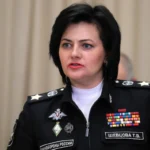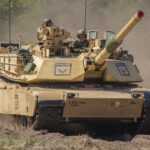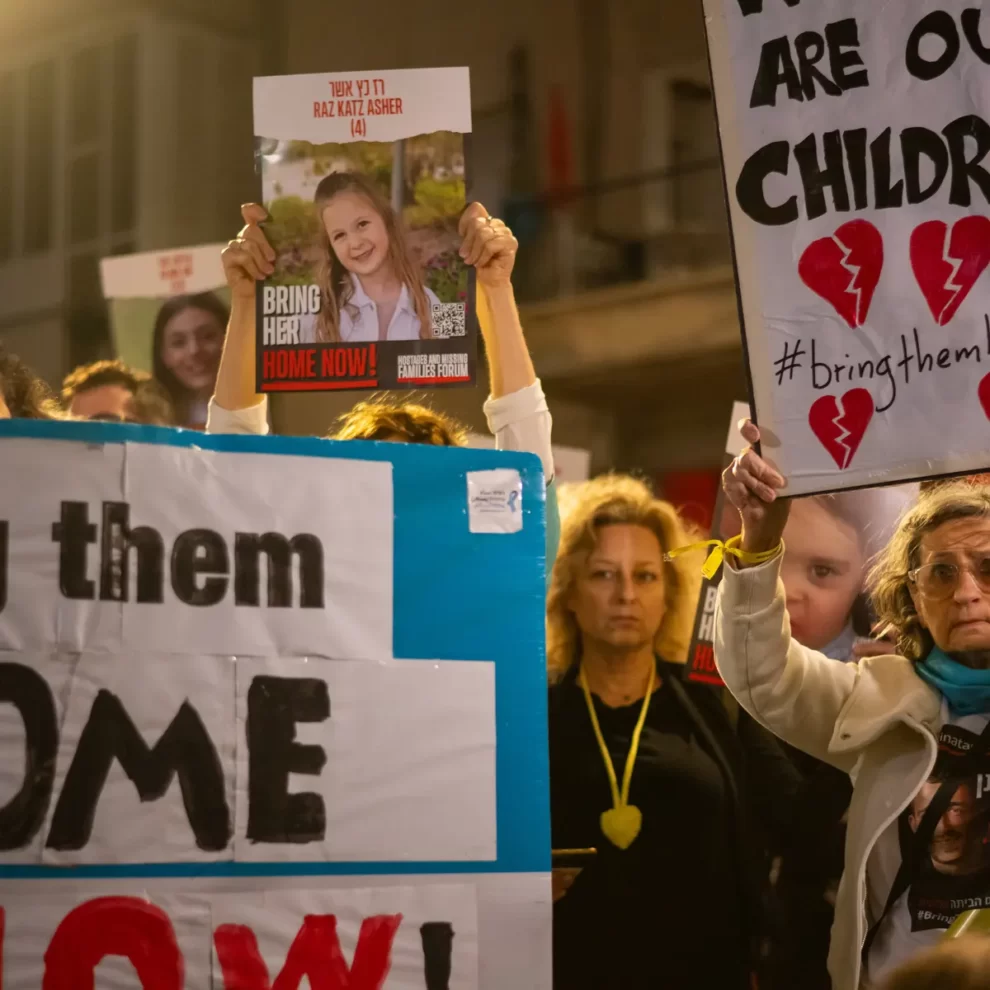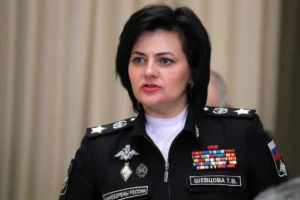A four-day ceasefire in Gaza between Israel and Hamas will begin on Friday morning, a day later than originally announced, after negotiators worked out final details of the deal, which will lead to the release of dozens of hostages held by militants as well as Palestinians imprisoned by Israel.
The diplomatic breakthrough promises the first pause in seven weeks of war in Gaza and some relief both for the 2.3 million Palestinians in the territory who have endured intensive Israeli bombardment, and for families in Israel fearful for the fate of their loved ones taken captive during the bloody attack launched last month by Hamas that triggered the conflict.
The exchange of female and child hostages and prisoners was due to take place on Thursday but was postponed as last-minute logistical issues were worked out during 24 hours of frantic diplomacy.
Sources close to the negotiations said Israel had presented a series of late requests for clarification of practical issues, and demanded the full identification of the hostages Hamas intended to release.
Communication between the parties has to pass from Israeli officials to Qatar, then to Hamas leaders outside Gaza and finally those inside the territory, a process that slowed any resolution of outstanding issues, the sources said.
On Thursday, Majed al-Ansari, the spokesperson for the foreign ministry of Qatar, announced the ceasefire would start at 7am local time on Friday (0500 GMT).
He said the two sides had exchanged lists of those to be released, and the first group of hostages held by Hamas – 13 women and children – would be freed on Friday afternoon. Increased aid for Palestinians would start to enter “as soon as possible”, Ansari said.
The senior Israeli official in charge of arrangements for the hostage release, Brig Gen Gal Hirsch, confirmed Israel had received a list of the names of the hostages to be freed.
“Liaison officers have informed all of those families whose loved ones appear on the list, as well as all of the hostages’ families,” Hirsch said.
Reports in Israel suggest the hostages will be released across the Rafah border crossing into Egypt and then be brought to Israel by the International Committee of the Red Cross and the Red Crescent (ICRC).
The truce, initially lasting four or five days, was announced early on Wednesday after days of speculation and has raised hopes for a more durable pause in the violence.
Under the agreement, Hamas will free at least 50 of the more than 240 mostly Israeli hostages it has held since launching bloody attacks into southern Israel on 7 October. In turn, Israel will release at least 150 Palestinian prisoners and allow up to 300 trucks of humanitarian aid into Gaza after more than six weeks of bombardment, heavy fighting and a crippling blockade of fuel, food, medicine and other essentials.
There will be a halt to Israeli military flights over southern Gaza, with air activity over northern Gaza restricted to six hours a day. Israel has agreed not to arrest anyone in Gaza for the duration of the truce, according to a Hamas statement.
Hamas is understood to be particularly concerned by the prospect of surveillance by drones during the release of hostages, a process that would expose their militants and potentially some of their infrastructure or even whereabouts of key leaders.
The hostages to be freed are women and children, and the Palestinian prisoners are also women and children, both sides have confirmed.
If the first exchanges go well, and Hamas can locate more female hostages or children, there will be further releases on both sides, reports suggest. Some sources have suggested the ceasefire could run for up to 10 days.
The deal, struck after lengthy and complex talks mediated by Qatar, the US and Egypt, comes more than six weeks after the conflict began last month. At least 1,200 people, mostly civilians, were killed in the Hamas attacks on 7 October, and more than 240 people taken hostage.
The Israeli offensive has killed between 13,000 and 14,000 people, thousands of them children, according to Palestinian officials. More are thought to be under rubble. Swaths of northern Gaza have been destroyed in the fighting, and up to a million people displaced.
Israel says it has killed thousands of Hamas fighters, without presenting evidence for its count. Ahead of the ceasefire, fighting continued at even greater than normal intensity, with Israeli jets hitting more than 300 targets and troops engaged in heavy fighting around Jabalia refugee camp north of Gaza City.
NGOs working with Palestinian prisoners said the arrangements for their release from Israeli jails was unclear even as late as Thursday evening, with continuing discussions about where they would be freed by Israeli authorities.
The prisoners to be freed are understood to come from across the occupied West Bank.
Ansari did not give details on how many Palestinian women and children will be released from Israeli jails on Friday or when this would take place. He said Doha expected they would be released by Israel as part of this reciprocal deal.
An operations room in Doha will monitor the truce and the release of hostages and has direct and real-time lines of communication with Israel, the Hamas political office in Doha and the ICRC.
“The important thing is that we maintain a very clear line of communication with everybody through the operations room and make sure that the environment which the hostage transfer will happen will be a safe one … We all hope that this truce will lead to a chance to start a wider work to achieve a permanent truce,” Ansari said.
Obtaining full details identity of hostages has been a problem throughout the negotiations, which may indicate Hamas does not hold or have access to all the hostages, some observers say. Though the deal has raised hopes of a more durable cessation of hostilities Netanyahu has vowed it will be temporary and will not end the campaign to destroy Hamas.
The Israeli defence minister, Yoav Gallant, said during a visit to a naval base on Thursday: “This will be a short respite, at the end of which the fighting will continue intensely, and we will create pressure to bring back more hostages. At least another two months of fighting is expected.”
The delay in implementing the ceasefire dismayed uprooted Palestinians in Gaza, who hope to use the few days of quiet to visit homes they had fled – or what remains of them – and find missing relatives.
“We’d been waiting and hoping since yesterday,” said Aya Hamad, who is sheltering at a hospital in the central city of Deir al-Balah. “We wanted to go home to get a change of clothes for our children, even though we know our homes have been bombed … It’s all for nothing.”
Israeli troops hold much of northern Gaza and say they have dismantled tunnels and much of Hamas’s infrastructure there.
Al-Shifa hospital in Gaza City, the territory’s largest medical centre, has been the focus of a fierce battle of narratives over both sides’ allegedly reckless endangerment of civilians. Hamas and hospital staff deny Israeli allegations that the facility was used as a militant command centre and that the group systematically uses civilians as a human shield.
Israeli soldiers on Wednesday escorted journalists to a tunnel shaft they said was part of a vast underground network used by Hamas for military purposes – a claim Hamas denies.
Israeli military spokesperson Col Richard Hecht said combat operations would continue “until we are given the order to hold our fire”. The Israeli military has said it is pursuing Hamas fighters in Jabaliya, a dense urban district adjacent to Gaza City that has come under intense bombardment for weeks.
For Hamas, the ceasefire would provide an opportunity to regroup after weeks of apparently heavy losses. The release of Palestinian prisoners will also be a major propaganda coup for Hamas. Its leader in Gaza, Yahya Sinwar, is likely to declare victory if the war ends now.
Netanyahu and the Israeli military want to push ahead with the offensive, in the belief that military pressure on Hamas will force concessions and eventually the release of all the hostages.
Hezbollah, the Lebanon-based militant Islamist militia and political movement, was not part of the recent negotiations, but has said it will join the ceasefire nonetheless. Tensions remain high on Israel’s northern border, with constant exchanges of fire.
Early on Thursday, Hezbollah announced that five fighters had been killed including the son of the head of Hezbollah’s parliamentary bloc. Israel said it had eliminated a “terrorist cell”.
Source: Africa News











